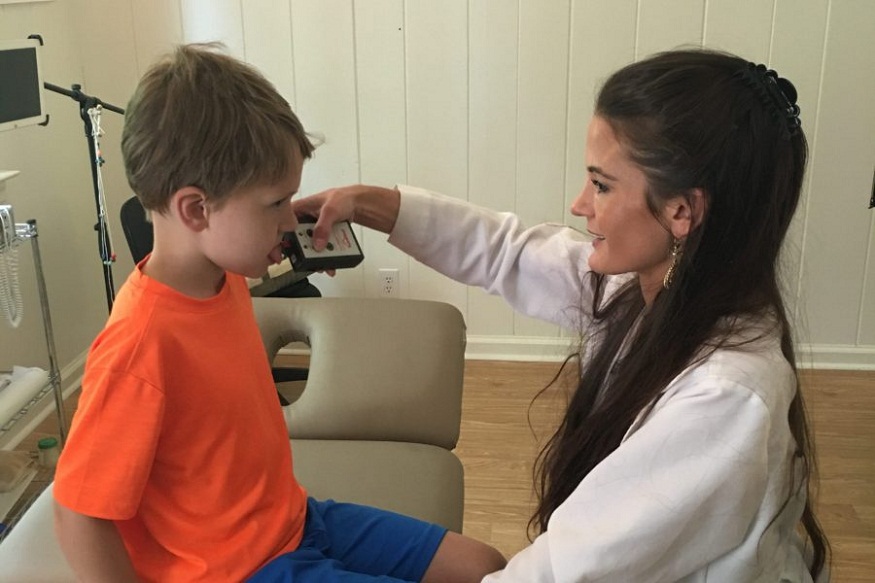The Role Of Neurologists In Treating Neurodevelopmental Disorders

Neurologists play a crucial role in managing neurodevelopmental disorders. These specialists focus on conditions that affect brain function, behavior, and learning. They help diagnose complex cases, such as autism or ADHD, and guide treatment plans. For instance, in conditions like Hydrocephalus Oxnard, neurologists work to balance medical and surgical options. For families and patients, neurologists offer a path to understanding and managing these challenging conditions.
Understanding Neurodevelopmental Disorders
Neurodevelopmental disorders begin in early childhood and often persist into adulthood. They impact how the brain develops and functions. Some common disorders include autism spectrum disorder (ASD), attention deficit hyperactivity disorder (ADHD), and cerebral palsy. These conditions can affect motor skills, language, behavior, memory, and learning abilities. Early detection and treatment can improve outcomes and enhance the quality of life.
Diagnosis and Evaluation
Neurologists use various tools to diagnose these disorders. They conduct thorough evaluations, including medical history reviews and physical exams. They may also recommend imaging tests like MRIs to get a better look at the brain. Understanding the exact nature of the disorder allows for targeted treatment plans. According to the National Institute of Neurological Disorders and Stroke, proper diagnosis is the first step in effective management.
The Treatment Approach
Once a diagnosis is made, neurologists develop personalized treatment plans. Treatment often involves a combination of therapies. Medication may be prescribed to manage symptoms like hyperactivity or mood swings. Behavioral therapies aim to improve social skills and communication. Physical therapies help with motor skills and coordination. Collaboration with other specialists, such as psychologists and occupational therapists, ensures comprehensive care.
The Importance of Ongoing Care
Routine care is more effective after treatment. Regular follow-ups allow neurologists to monitor progress and adjust treatments as needed. They can also address any new concerns that arise over time. Ongoing care ensures that patients continue to receive the support they need throughout their lives. The Centers for Disease Control and Prevention emphasizes the value of long-term care in managing neurodevelopmental disorders.
Case Study: Hydrocephalus
Hydrocephalus involves an abnormal buildup of cerebrospinal fluid in the brain. This can cause increased pressure and swelling. Neurologists assess the severity of hydrocephalus and suggest treatment options. These may include surgical procedures to drain excess fluid or medical management to control symptoms. In Oxnard, neurologists have developed specific protocols to address this condition, ensuring patients receive optimal care.
Table: Comparison of Treatment Approaches
| Disorder | Medication | Therapies | Surgery |
| ADHD | Yes | Behavioral | No |
| ASD | Sometimes | Behavioral, Speech | No |
| Hydrocephalus | Sometimes | Physical | Yes |
Conclusion
Neurologists are vital in the journey of managing neurodevelopmental disorders. They bring expertise and compassion to their work, helping patients navigate complex conditions. Their role in diagnosis, treatment, and ongoing care ensures that individuals receive the support needed to thrive. As we continue to learn more about the brain, the role of neurologists will only grow in importance. Their dedication offers hope and stability to many, shaping a better future for those affected by these disorders.







